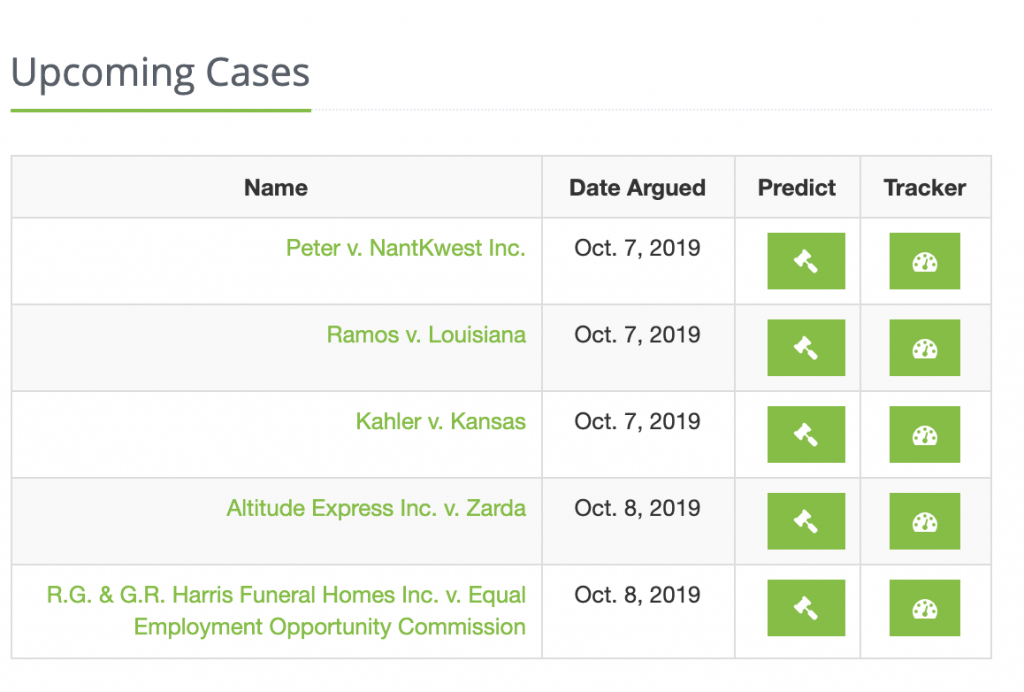High fees, excessive regulation, and NIMBY (“not in my backyard”) opposition to new housing have contributed to Los Angeles’ worsening homelessness crisis. Those same things are now frustrating the city’s efforts to construct thousands of units of affordable and supportive housing, where social services can be offered on-site.
On Tuesday, Los Angeles Controller Ron Galperin released a damning audit of the performance of Prop. HHH, a $1.2 billion bond issue passed overwhelmingly in 2016 to help finance the construction of 10,000 units of housing for homeless and low-income residents.
“More than two years after the first bond issuance and nearly three years since voters approved HHH, not one bond-funded unit has opened,” Galperin announced. “It is clear that the City’s HHH program is not keeping pace with the growing demand for supportive housing and shelter.”
117 Prop HHH-funded units are scheduled to open in 2019. Los Angeles’ homeless population jumped 16 percent this year to 36,000.
Spiking development costs also mean that Prop HHH will end up subsidizing only about 7,700 units, not the 10,000 units promised to voters.
A 2016 estimate of construction costs put the price of adding new units at between $350,000 to $414,000. But the median per-unit cost at Prop. HHH-funded projects now stands at $531,373. Over 1,000 units are expected to cost over $600,000, and one project has units going for over $700,000.
“The cost of building many of these units exceeds the median sale price of a market-rate condominium in the City of Los Angeles and a single-family home in Los Angeles County,” noted the controller’s audit.
Reason has covered the high cost of building affordable housing in the Los Angeles area before, finding that sky-high land costs, union wage requirements, high development fees, and expensive design requirements have helped to push up the costs of these projects.
The controller’s audit pinpoints many of these factors as helping to raise the costs of Prop HHH, especially the union wage mandates, city fees, and accessibility requirements for units serving disabled tenants.
Also driving up costs are city regulations that require developers receiving Prop HHH funding to have experience building supportive housing, and the need of these developers to piece together financing from multiple local, state, and federal sources.
Compounding all of these factors is Los Angeles’ byzantine permitting process, which can delay projects for years at a time, while also giving neighborhood opponents ample opportunity to slow things up even more.
The city did try to address this problem by passing a 2018 ordinance streamlining approvals for Prop. HHH projects and lifting some zoning regulations, including parking requirements and density limits. Community groups, however, ended up suing the city over that ordinance, claiming it violated the California Environmental Quality Act (CEQA).
CEQA lawsuits are a favorite tool of NIMBYs to either stop unwanted projects or extract concessions from developers.
In response, the California legislature passed a law this year exempting Prop HHH projects from CEQA. That should speed up project delivery. However, Tuesday’s audit chided the city for streamlining permitting only after committing funding to projects.
The controller’s audit also included a number of recommendations for bringing costs down, including finding more ways of streamlining approvals, embracing cost-saving construction methods, and shifting funding from the most expensive projects to temporary shelters.
Some of these recommendations could also be applied to housing development in general. Los Angeles’ affordability problems are themselves a product of zoning laws that limit where housing can be built, lengthy permitting processes that drag out the approval of what housing is allowed, and state environmental laws that allow project opponents to cynically delay development.
Ensuring that Prop HHH projects don’t run into these roadblocks, as the controller’s audit has recommended, is a good idea. Removing these obstacles for market-rate housing as well might mean fewer people would need to rely on the government to house them in the first place.
from Latest – Reason.com https://ift.tt/2AUihaR
via IFTTT
 I am honored to open up the 10th Season of
I am honored to open up the 10th Season of 